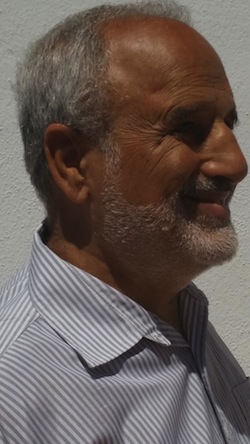Carol Weinstock (photo by Olga Livshin)
Carol Weinstock only started delving into poetry a few years ago, around the time she joined a writing group. “I was a journalist before I retired,” she told the Independent. The group has motivated her try other forms of writing.
“The core is about five or six people,” Weinstock explained. “They come to almost every meeting. Others come and go. There are men and women, mostly retired. They write in different genres. Some write poetry, like me. Others write memoirs or short stories. One is writing a novel. One woman is a professional artist, but she wants to expand her creative output, to add writing to her range of expressions.”
Diane Darch, another member, recalled how it all started. “Sometime in 2012, people in the programming committee of False Creek Community Centre discussed the need for more programs for seniors, the 55+ group. Several possible programs were considered, including bowling and mahjong, but they finally settled on a writing group, a self-directed program. It officially began in January 2014 with a handful of enthusiastic people, each with an interest in writing for fun, for growth and for sharing a part of themselves.”
Darch has been with the group from the beginning. “I personally joined because I was interested in writing,” she said. “I learned from others’ types of writing and from critiques. It did put some pressure to write either at home or during the sessions. Sometimes, we arranged our own sessions, when the community centre was not available. Friendships were formed because we shared our personal writings. It is a fun group, non-threatening, and gives lots of encouragement to all levels. The group validated my writing.”
A year ago, she moved to Victoria. “I saw the group grow to a healthy dozen, change because of various commitments, then sadly go back to too few,” said Darch. “I’m no longer a regular member and I miss it. I do drop in when I’m back in Vancouver.”
Weinstock is one of the group’s first members, joining in its first year, and she’s been a steady participant since. “Our meetings usually have a structure. It’s flexible, not rigid, but it forces us all to write. First, we talk, share what’s happening in our lives, the books we read. Then someone brings a prompt, and we write for about an hour. Then anyone who wants can share their writing, and we all discuss it. It’s a very supportive environment.”
Weinstock attributes her writing of poetry to the group’s influence. “Poetry is a new form for me,” she said. “Before I retired, I worked as a freelance journalist for various California papers. I also taught journalism at a community college. I never wrote poetry or fiction. After I retired, I returned home to Canada. Then I joined this writing group and I wanted to try something different. And the group helps. It provides me with a scheduled time and place to write and the prompts. I might not have written so much if not for the group. I’m not sure.”
She doesn’t only write to the group prompts. “Sometimes, I would read a news article and a political or social problem would catch my attention. I would write a poem,” said Weinstock, whose journalistic inclinations frequently push her towards controversial or humanitarian issues, concerning some obscure corners of the world. She recalled one such occasion: “I read this story about the plight of the shrimp farms in Asia, and it touched me deeply. I wrote a poem. Other times, I would write something more personal but, in general, I don’t like writing about my personal stuff.”
Poetry is a way for Weinstock to express herself, her thoughts, emotions and ideas in a concise and organized way. A few months ago, the writing group came up with the prompt to write about what Canada means to each of the members, in celebration of Canada’s 150th birthday.
“I started with something different, but it didn’t work,” said Weinstock of the poem she wrote for the occasion. “Then I decided to go with concrete things: what we eat, what we wear, where we live, and the poem unfolded…. I showed it to my friends, and they liked it. One of my friends, Debby Altow, is active in the Jewish community in Vancouver. She regularly reads the Jewish Independent, and she asked if I would mind sending my poem to the paper. I read the paper sometimes, too. Of course, I said yes.”
Each group member participated in the exercise. Some wrote poetry. Others wrote essays. Now, all those pieces of Canada-inspired writing are on display at False Creek Community Centre. Everyone coming into the centre passes by them as they walk down the hallway leading to the reception desk. Some people even stop and read a few.
Olga Livshin is a Vancouver freelance writer. She can be reached at [email protected].
We are Canadian
Beret, turban, skullcap,
Babushka, hijab, headband.
No matter what hat we wear,
We are Canadian.
Fry bread, falafel, poutine,
Pizza, curry, Kraft dinner.
No matter what food we eat,
We are Canadian.
France, Britain, India,
Ukraine, China, Jamaica.
No matter where we come from
We are Canadian.
Ucluelet, Cape Breton, Moose Jaw,
Attawapiskat, Yellowknife, Flin Flon.
No matter where we live,
We are Canadian.
Teacher, nurse, farmer,
Reporter, welder, programmer.
No matter what work we do,
We are Canadian.
Blending, fusing,
Reconciling, adapting.
We work, sweat, dream together
To create one Canada.
– Carol Weinstock, June 2017



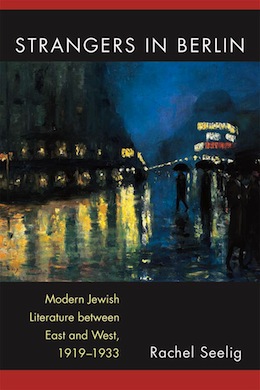 Certain parts of Strangers in Berlin will make readers shiver with a sense of déjà vu. In the chapter on Kolmar, for instance, Seelig writes that, in the poet’s one novel, Die jüdische Mutter (The Jewish Mother), “Kolmar offers a pained reflection on the impossibility of salvaging a viable German-Jewish female identity in an era when both Jewishness and femininity were under siege.” Seelig notes, “Conservatives seeking to safeguard their middle-class privileges and to rebuild a healthy Germany Volkskörper (national body) regarded independent women and integrated Jews as similarly ‘decadent’ social elements…. The result of this campaign was a new form of male repression, which was often shrouded in xenophobic sentiments.”
Certain parts of Strangers in Berlin will make readers shiver with a sense of déjà vu. In the chapter on Kolmar, for instance, Seelig writes that, in the poet’s one novel, Die jüdische Mutter (The Jewish Mother), “Kolmar offers a pained reflection on the impossibility of salvaging a viable German-Jewish female identity in an era when both Jewishness and femininity were under siege.” Seelig notes, “Conservatives seeking to safeguard their middle-class privileges and to rebuild a healthy Germany Volkskörper (national body) regarded independent women and integrated Jews as similarly ‘decadent’ social elements…. The result of this campaign was a new form of male repression, which was often shrouded in xenophobic sentiments.”
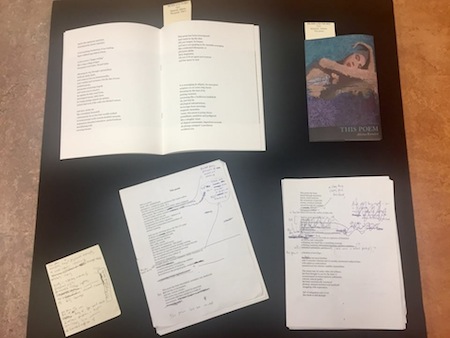
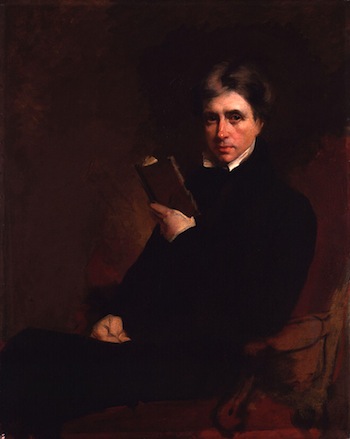
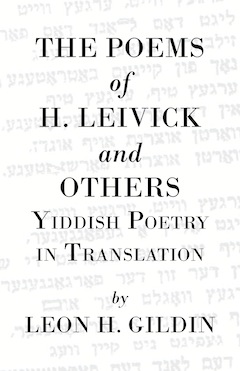 The poems of Leivick (1886-1962) range in subject matter: a poem about a very small poem “no longer than an epitaph”; the recollection of a birch rod beating given by his father; a prisoner in a cell at night “swallowing as if it were wine the moon’s bright light”; a man looking for work without success. Leivick was a paperhanger when he came to the United States. He was also a noted playwright; his most famous is The Golem, originally produced by Habima Theatre when it was still in Moscow, and later translated into other languages.
The poems of Leivick (1886-1962) range in subject matter: a poem about a very small poem “no longer than an epitaph”; the recollection of a birch rod beating given by his father; a prisoner in a cell at night “swallowing as if it were wine the moon’s bright light”; a man looking for work without success. Leivick was a paperhanger when he came to the United States. He was also a noted playwright; his most famous is The Golem, originally produced by Habima Theatre when it was still in Moscow, and later translated into other languages.